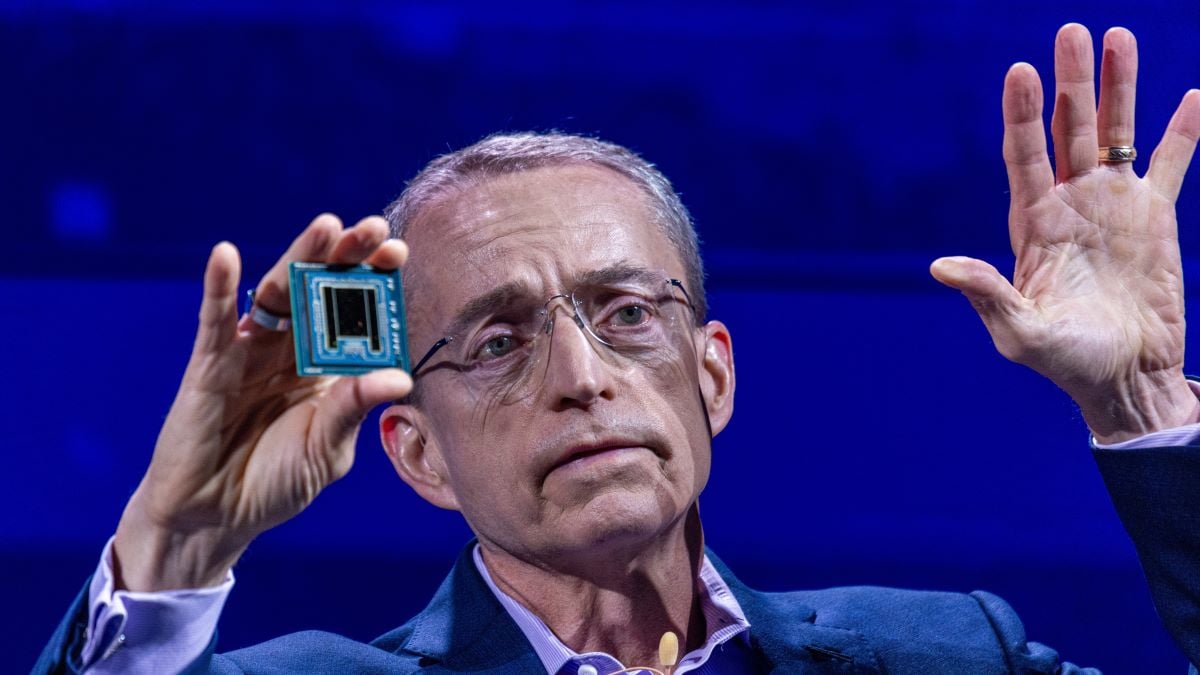Artificial Intelligence
Struggling Intel gets major AI boost
Intel has landed Amazon.com’s AWS as a customer for the company’s manufacturing business.

Intel CEO Pat Gelsinger has secured Amazon.com’s AWS as a customer for the company’s manufacturing business, potentially leading to work opportunities at new plants under construction in the US and supporting his efforts to revitalize the challenged chipmaker.
Intel and AWS have agreed to collaborate on a custom semiconductor for artificial intelligence computing, known as a fabric chip, within a “multiyear, multibillion-dollar framework.” This project will leverage Intel’s 18A process, an advanced chipmaking technology.
Following the announcement, Intel’s shares surged over 8% in late trading, a notable increase after facing a 58% decline earlier in the year, closing at $20.91 on Monday.
Intel CEO Pat Gelsinger expressed the significance of the partnership, stating, “Today’s announcement is significant. This is a very discerning customer with sophisticated design capabilities.”
The announcement was part of a series of updates that emerged after a crucial board meeting held recently.
Intel has decided to delay the construction of new factories in Germany and Poland while maintaining its commitment to expansion in the US, focusing on Arizona, New Mexico, Oregon, and Ohio.
Gelsinger, leading Intel’s revival efforts since 2021, has adjusted some of the company’s ambitious plans to prioritize efficiency in response to declining sales and increasing losses.
As part of its cost-saving measures, Intel recently announced intentions to reduce its workforce by 15,000 employees, target $10 billion in cost savings, and suspend dividend payouts.
Intel aims to streamline expansion plans, particularly overseas, with the Poland and Germany construction projects paused for approximately two years based on market demand.
Another construction project in Malaysia will be completed but only operational when conditions permit, as stated by Intel.
During the recent board meeting, executives explored options to conserve cash while advancing Gelsinger’s strategic plan to transform Intel into a foundry, a chipmaker producing products for external clients.
Intel plans to accelerate cost-saving measures, enhance product alignment with AI computing – an area where competitor Nvidia excels, and reduce its global real estate by about two-thirds by year-end.
Additionally, Intel reiterated intentions to divest part of its stake in Altera Corp., a business unit separated from Intel’s operations in preparation for going public.
Amazon Web Services, a major cloud computing provider, partnering with Intel could bolster confidence in Intel’s ability to compete with industry leaders like Taiwan Semiconductor Manufacturing.
Intel’s foundry operations, referred to as IFS, will be further segregated from the company and transition into a wholly-owned subsidiary, aiming to assure potential customers of an independent supplier.
Intel also announced its eligibility to receive up to $3 billion in US government funding for manufacturing chips for military applications under the Secure Enclave project.
Furthermore, Intel is set to receive support from the Chips and Science Act grant, potentially amounting to $8.5 billion, to bolster factories across four US states, including a facility in New Albany, Ohio.
Although Intel faces challenges to regain full confidence from investors, the recent initiatives signal a strategic shift under Gelsinger’s leadership to strengthen the company’s position in the market and deliver improved results.















